The Rising Cost of Ransomware on Critical Infrastructure: A 2024 Perspective
Ransomware attacks have become a formidable threat to critical national infrastructure (CNI), inflicting significant financial and operational damage on essential services. As these attacks grow in sophistication, the repercussions for sectors such as energy, water, healthcare, and telecommunications are becoming increasingly severe.
Escalating Ransom Payments
Recent statistics reveal a dramatic surge in ransom payments by CNI organizations. According to Sophos, the median ransom payment in 2024 soared to $2.54 million, a staggering 41-fold increase from the previous year’s $62,500. The mean payment was even higher, at $3.225 million, highlighting the financial burden these attacks impose on victims. Interestingly, sectors like IT, tech, and telecoms had lower average payments at $330,000, whereas lower education and federal government organizations faced the highest average payments at $6.6 million.
Soaring Recovery Costs
The costs associated with recovering from ransomware attacks have also risen sharply. Some CNI sectors have seen recovery costs quadruple, reaching a median average of $3 million per incident. While the mean recovery cost for the oil, gas, energy, and utilities sectors slightly decreased from $3.17 million to $3.12 million, the energy and water sectors experienced the most significant increases, with new averages four times greater than the global median of $750,000.
Longer Recovery Times
The increased complexity of ransomware attacks is resulting in longer recovery times. The proportion of energy and water sector organizations able to recover within a week dropped from 41% the previous year to just 20%. Moreover, the number of victims requiring more than a month to recover rose to 55% from 36%. This trend underscores the growing sophistication of ransomware campaigns and the extensive efforts required for full remediation.
Counterproductive Ransom Payments
Despite the high costs, paying ransoms does not necessarily expedite recovery. Sophos reports that 61% of CNI organizations paid ransoms as part of their recovery efforts, yet this did not result in shorter recovery times. In fact, paying ransoms may encourage further attacks and does not guarantee data restoration, making it a risky strategy.
Legislative and Regulatory Responses
In response to the escalating threat, governments are introducing new legislation to improve cybersecurity and resilience in critical sectors. In the U.S., the Cybersecurity and Infrastructure Security Agency (CISA) has introduced initiatives such as CIRCIA, which mandates the disclosure of ransomware attacks by CNI operators. Similarly, the UK’s upcoming Cyber Security and Resilience Bill aims to enhance the cybersecurity posture of critical sectors and the wider supply chain.
Addressing Vulnerabilities
Exploited vulnerabilities continue to be the primary cause of ransomware attacks on CNI, accounting for 49% of incidents in 2024, up from 35% the previous year. Strengthening cybersecurity measures and addressing these vulnerabilities is crucial to mitigating the impact of ransomware.
The increasing financial and operational costs of ransomware attacks on critical infrastructure highlight the urgent need for enhanced cybersecurity measures. Organizations must focus on preventing attacks by addressing vulnerabilities, improving recovery strategies, and reconsidering the efficacy of paying ransoms. As the threat landscape evolves, robust legislative and regulatory frameworks will play a vital role in protecting essential services and ensuring national security.
For more detailed statistics and trends on ransomware, refer to reports by Cloudwards and The Record.
Read more about Critical Infrastructure at Risk due to Ransomware.


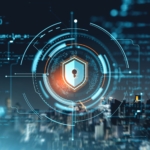

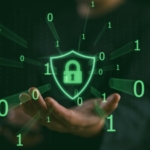



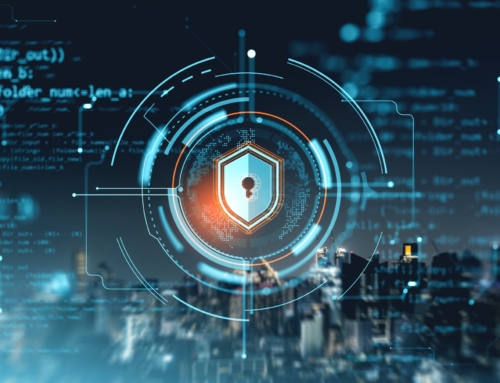

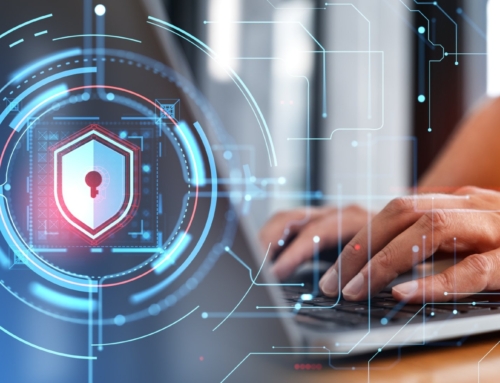
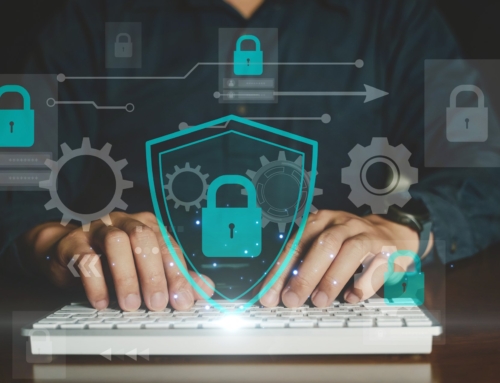
 Smoke testing is a term used to describe the testing process for servers after patches are applied.
Smoke testing is a term used to describe the testing process for servers after patches are applied.  This is a basic cost calculator for you to compute your typical monthly cost for patching your servers, PCs, laptops, tablets and associated application software. It also forms the basis for you to begin calculating your Return on Investment for software patching, or for comparison with alternatives to the manual process of patching operating systems and application software—such as Patch Management as a Service, also known as Vulnerability Management as a Service.
This is a basic cost calculator for you to compute your typical monthly cost for patching your servers, PCs, laptops, tablets and associated application software. It also forms the basis for you to begin calculating your Return on Investment for software patching, or for comparison with alternatives to the manual process of patching operating systems and application software—such as Patch Management as a Service, also known as Vulnerability Management as a Service.